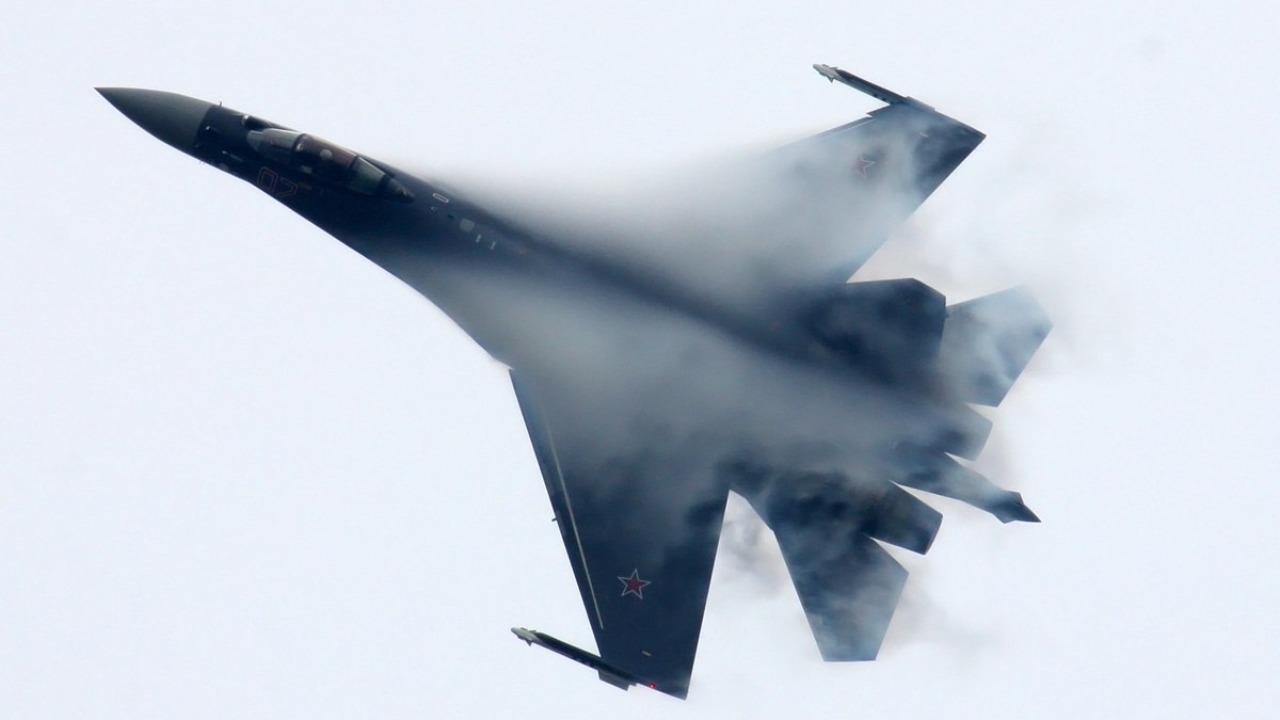
Ethiopia has entered into a significant defense contract with Russia to acquire 12 Sukhoi Su-35 fighter jets, marking a pivotal enhancement in its military capabilities. This $500 million deal, with deliveries slated to begin in late 2024, positions Ethiopia as the first African nation to operate these advanced aircraft. The acquisition is expected to shift the regional power dynamics in the Horn of Africa, particularly in relation to Egypt and Sudan.
Background on Ethiopia’s Military Modernization
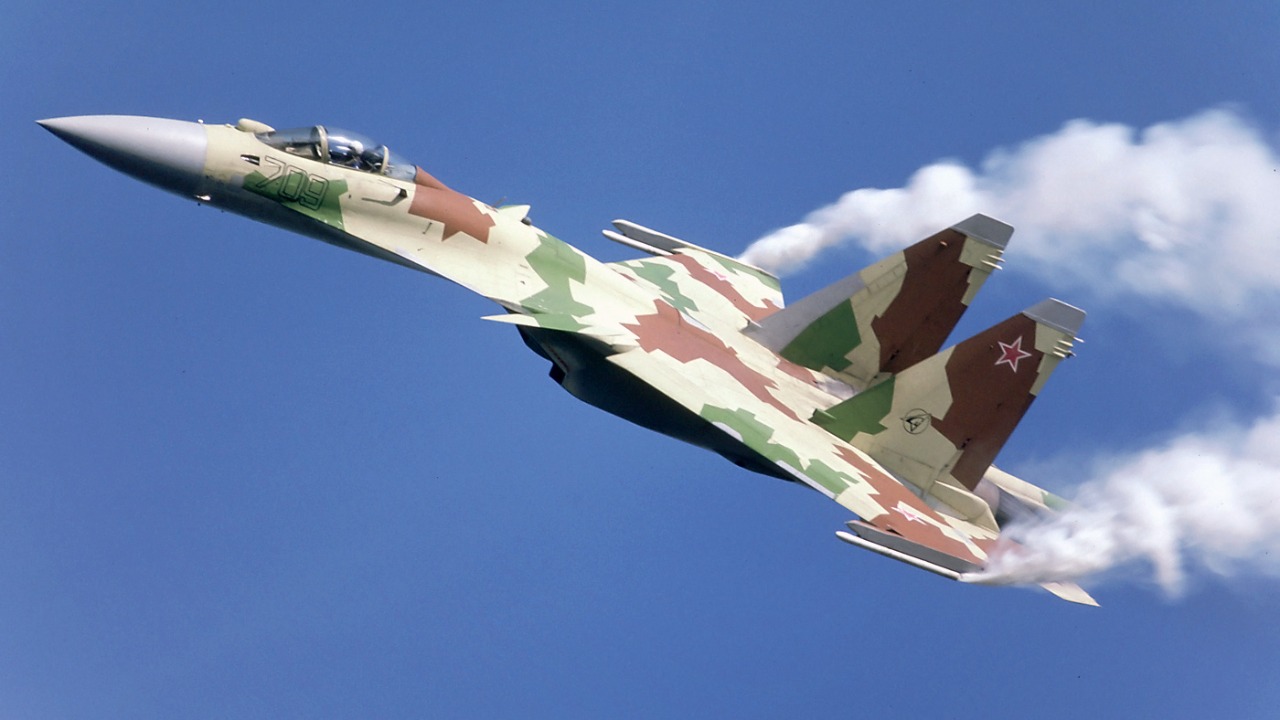
Historically, Ethiopia’s air force has been reliant on outdated Soviet-era MiG-21 and MiG-23 fighters, with the last major upgrade occurring in the 1990s when Su-27s were acquired. The need for modernization became apparent following the 2020-2022 Tigray conflict, which exposed significant vulnerabilities in Ethiopia’s aerial defense capabilities. According to Reuters, this conflict underscored the urgency for an updated fleet to ensure national security and regional influence.
The Su-35 deal was negotiated directly with Russia’s Rosoboronexport, circumventing Western sanctions imposed on Russia after its invasion of Ukraine. Ethiopian Defense Minister Abraham Belay confirmed in a March 2024 interview that the agreement was a strategic decision to enhance Ethiopia’s defense posture. This acquisition is part of a broader increase in Ethiopia’s defense budget, which has risen to $1.2 billion in 2024, supported by loans from China and domestic revenue, as reported by SIPRI.
Strategic Implications for the Horn of Africa
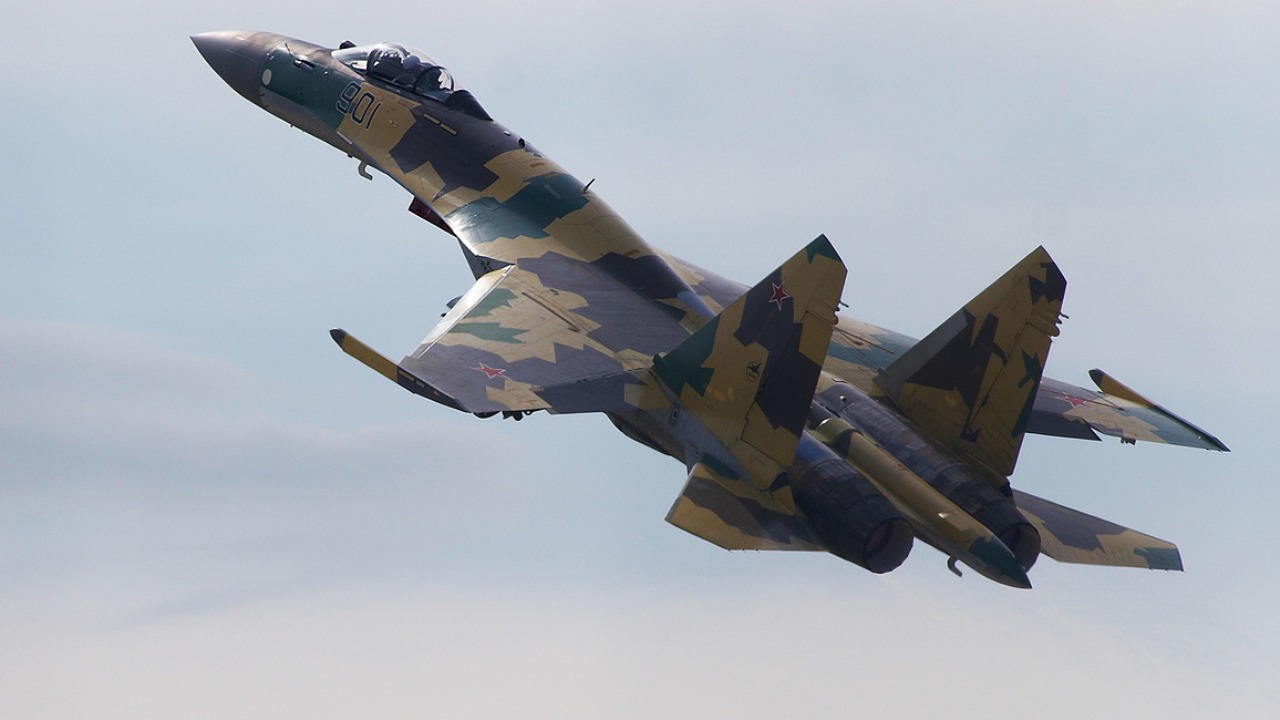
The introduction of the Su-35s, with their advanced radar and supercruise capabilities, is expected to significantly enhance Ethiopia’s aerial superiority. This development could directly challenge Egypt’s Rafale jets, particularly in the context of ongoing disputes over the Grand Ethiopian Renaissance Dam (GERD). The International Institute for Strategic Studies highlights that this purchase could alter the strategic balance in the region, potentially deterring interventions by external powers.
Neighboring countries, including Somalia and Eritrea, have expressed concerns over Ethiopia’s military expansion. Somalia’s President Hassan Sheikh Mohamud warned in April 2024 that the acquisition of these jets could escalate existing border tensions. The BBC reported these apprehensions, noting the potential for increased regional instability. Analysts suggest that Ethiopia’s enhanced capabilities might also serve as a deterrent against foreign interventions, such as Turkey’s drone support to Somalia.
Russia’s Role in African Arms Sales
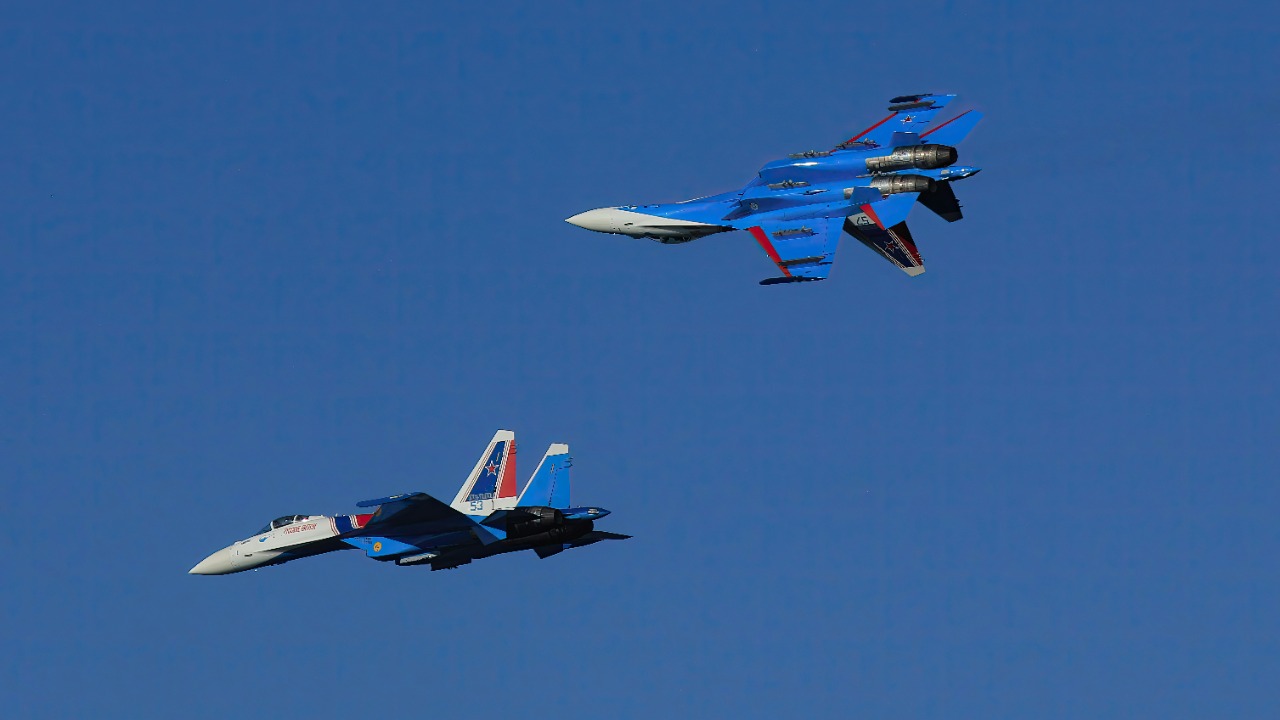
Russia has been actively expanding its arms exports to Africa since 2022, with Ethiopia’s Su-35 deal being a notable example. This transaction is part of a broader strategy to offset Western sanctions, with similar sales to Algeria and potential offers to Nigeria. According to TASS, Russia aims to strengthen its presence in the African defense market through these deals.
The contract includes comprehensive pilot training for 24 Ethiopian personnel at Russia’s Lipetsk Air Base, scheduled to commence in June 2024. Russian Ambassador to Ethiopia Evgeny Terekhin confirmed this arrangement, emphasizing the strategic partnership between the two nations. Additionally, a joint statement from Russia and Ethiopia in May 2024 classified the jets as defensive assets, circumventing UN arms embargo concerns in the region, as reported by Reuters.
Challenges and Regional Reactions
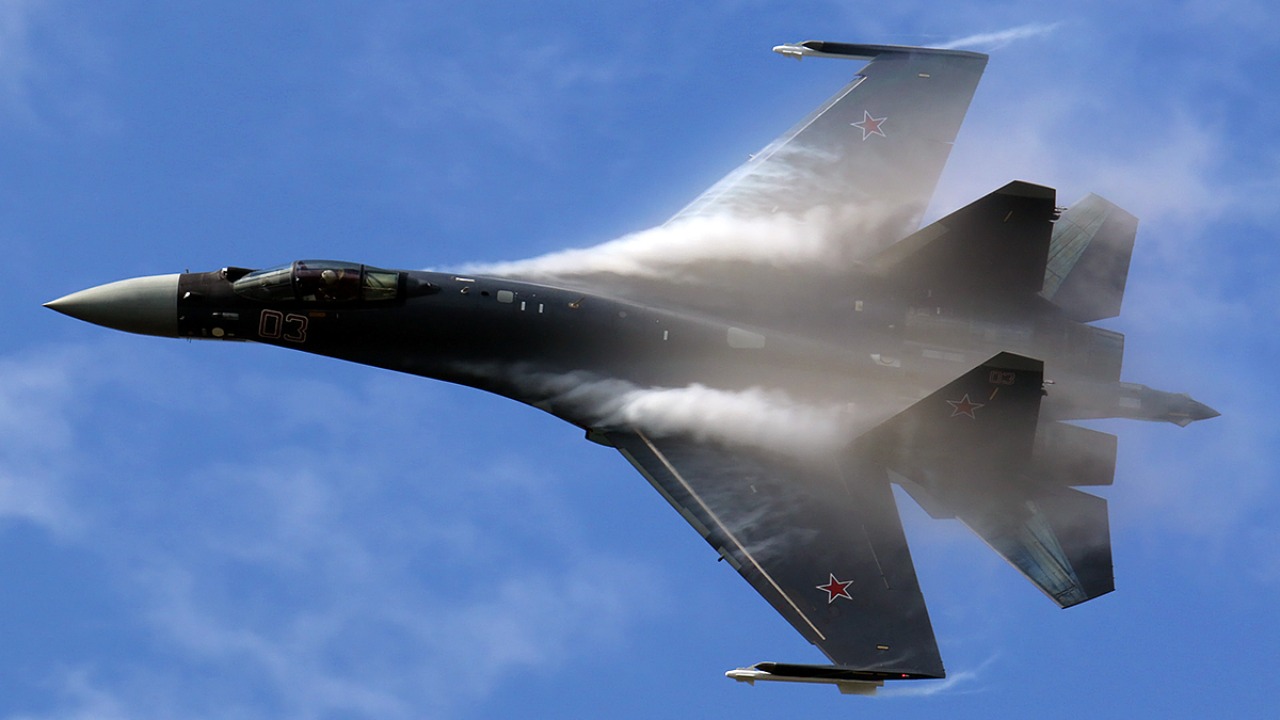
The logistics of delivering the Su-35s face potential disruptions due to ongoing Red Sea shipping issues caused by Houthi attacks. These disruptions could delay the arrival of the first batch of six jets, initially expected in the third quarter of 2024, according to Defense News. Such logistical challenges highlight the complexities of international arms transfers in volatile regions.
The U.S. State Department has voiced opposition to Ethiopia’s arms deal, citing human rights concerns stemming from the Tigray war. In response, the U.S. suspended $100 million in aid to Ethiopia, as detailed in an April 2024 briefing. This move underscores the geopolitical tensions surrounding Ethiopia’s military expansion and its implications for international relations.
Domestically, the deal has sparked public protests in Addis Ababa, with citizens expressing concern over the financial burden of the purchase. Opposition leader Jawar Mohammed has criticized the government for diverting funds from essential services like famine relief. Addis Standard reported these protests, highlighting the internal political challenges faced by the Ethiopian government in balancing defense needs with social welfare priorities.